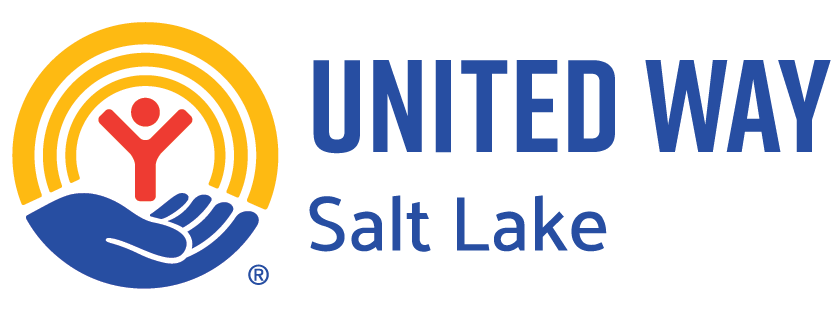 by Tyler Asman
by Tyler Asman
Director of Training and Improvement
Several years ago, I heard the president of a nearby university say that “growth occurs in discomfort”.
As an aside (and for what it’s worth), this has been valuable in my own life as a sort of self-soothing philosophy – “Don’t worry, Tyler, this awkward situation means you’re growing, right?!” And, between you and I, I’ve had plenty of “growth opportunities.”
I think of this idea just as often when I’m designing and delivering training. In fact, I’m reluctant to use the word training when I refer to the capacity building offerings we engage in with the community. I like to call them learning events. It isn’t just a pretentious impulse to make training sound fancier than it is, it’s because “training”, in a professional context, often conjures images of adults sitting and being recipients of information – comfortable, right? You go, get trained, and then you have new knowledge or skills. Well, not exactly.
In fact, learning and development professionals often refer to the 70/20/10 model. The premise of the model, often attributed to the Center for Creative Leadership, says that highly successful professionals credit their most impactful learning to the following activities:
- 70% from projects/responsibilities that challenge them
- 20% from coaching or mentoring relationships
- 10% from traditional training
In an interesting paradox, adult learners will often seek out training without addressing (or sometimes to avoid addressing) changing the way that they work or the way they engage in relationships. Training is their safest, most comfortable option.
But what I glean from this is that any training should be as hands-on and practical as possible, as well as include elements of relationship-based learning. It should be challenging. It should be a little uncomfortable. The most productive conversations happen, to use the language of Adaptive Leadership, in the “zone of productive disequilibrium”.
We also know from Knowles’ Six Principles of Adult Learners that adult learners:
- Are motivated and self-directed
- Bring life experience and knowledge
- Are goal oriented
- Are relevancy oriented
- Are practical
- Like to be respected
Which means that the traditional didactic relationship between student and teacher doesn’t work. It means that our learning events are not training as usual.
Because of our sense of urgency, and the deep responsibility we feel to making sure all children have the opportunity to succeed, we’re engaging in learning events that bring together the passion, experience, and knowledge of our partners.
We’re pushing ourselves further than traditional “training” toward getting results with The Accountability Framework. Toward making sure that we have the skills and mental models to ensure that all of our Meetings Matter. Toward empowering everyone to discover and make use of their inner leader. And toward applying the principles of improvement science to solve our communities most pressing social problems.*
We’re asking the community to get a little uncomfortable with us so that we can grow, together.
* Since 2013, StriveTogether has worked to determine how to develop the human capital in order to drive the systems change required to achieve outcomes at scale. We are fortunate to be recipients of this technical assistance and support, and for our exposure to the Annie E. Casey Foundation’s Results Based Leadership framework. These local learning efforts are made possible by the generous support of Goldman Sachs.



